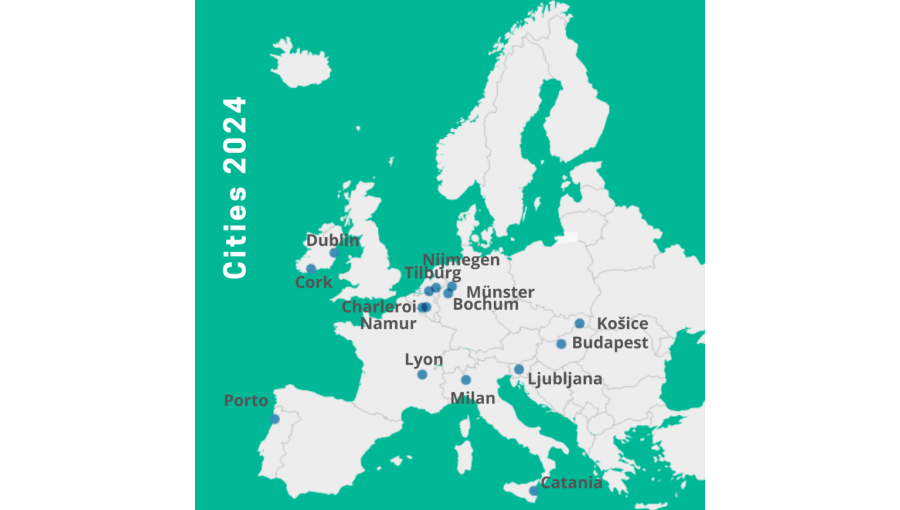Half of the homeless people in Ljubljana have been without a home for more than five years

Canva
Date of publication:
Homelessness in Slovenia is not being adequately addressed. This is evident from data showing that nearly half of homeless individuals have been without a home for over five years. The main reasons for homelessness are family issues and financial hardship.
These findings come from a study conducted in Ljubljana as part of the international project EU Homelessness Counts. The research included 426 users of various social care programmes and services, who filled in questionnaires together with social workers.
The analysis of these questionnaires provided answers to the question: Who are the homeless people in Ljubljana?
- The majority are men (69.7%) and single (66.5%), while 18.4% are one- or two-parent families with children.
- Half (50.5%) are aged between 30 and 49, and 15% are younger than 30.
- Alarmingly, the largest group (43.7%) reported being homeless for five years or more. The most common reasons cited for homelessness were family problems (41.8%) and financial reasons (32.9%).
- A significant proportion (29.2%) are in temporary accommodation and housing support programmes, 18% sleep in public spaces, and a quarter live in unconventional dwellings.
This is the first study on homelessness in Slovenia to apply a harmonised European methodology, enabling data comparability with other cities. The methodology is based on the relatively broad ETHOS Light definition of homelessness, which includes:
- people sleeping in public spaces, shelters, and other temporary accommodations;
- those in institutions due to be discharged within a month but without a place to go; those staying longer in institutional care solely due to lack of housing;
- people living in unsuitable housing; and
- "hidden homelessness"—those temporarily staying with family or friends without a permanent residence.
Why is this research important?
Collecting data on homelessness is essential for understanding and monitoring trends in this area, and for developing targeted and effective policies. Homelessness is a complex social issue influenced by various factors such as poverty levels, welfare state development, housing policy, migration, and the presence and content of national and local policies addressing the issue.
More detailed data can be found in the Report on the Scope of Homelessness in Ljubljana. The overall project is coordinated by KU Leuven University in Belgium, which has published results for other participating cities on the project’s website. The national coordinator of the research is the Faculty of Social Sciences, University of Ljubljana, and the project is financially supported by the European Commission.



